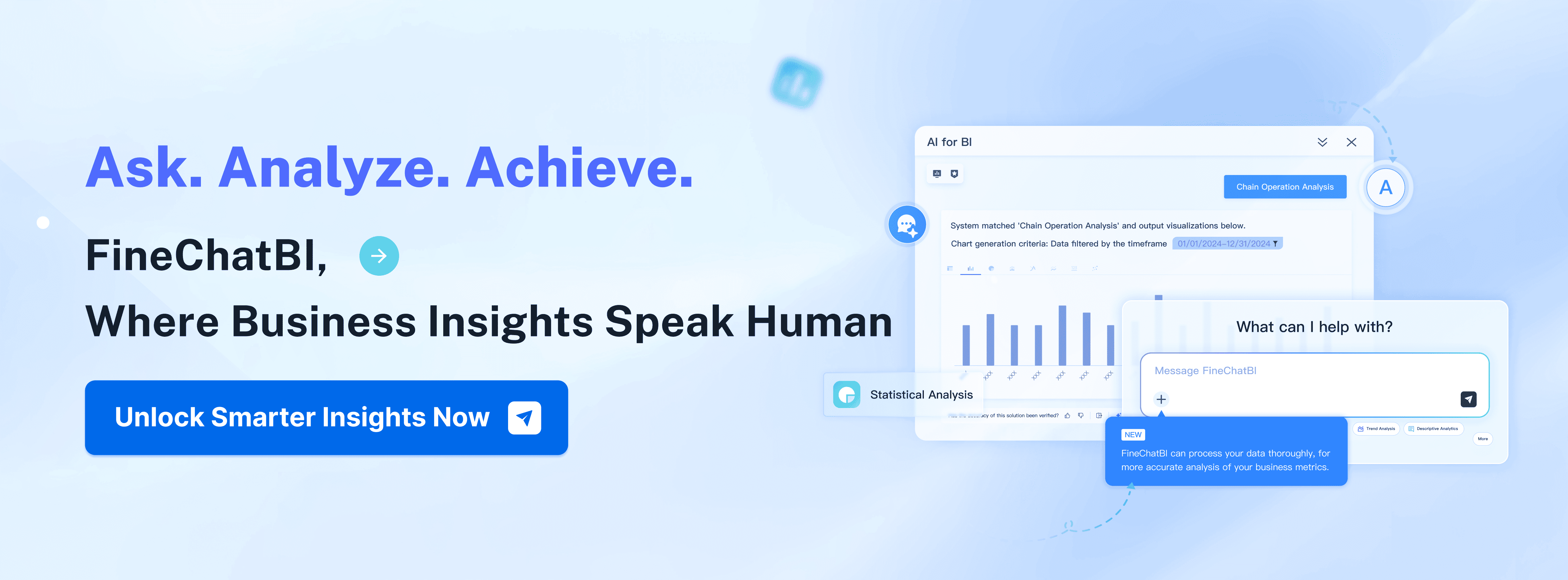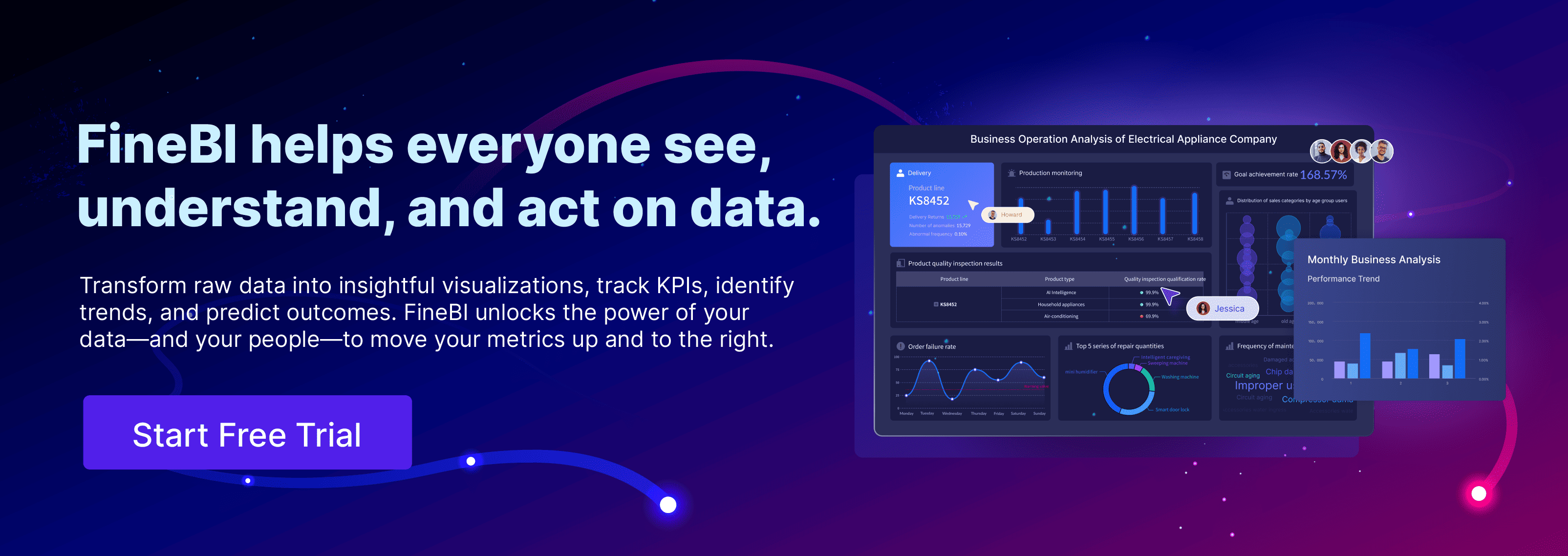Understanding the average data analyst salary Malaysia is essential for making informed career choices. On average, a junior data analyst earns approximately 30,000 MYR annually, while experienced professionals can secure salaries reaching up to 76,500 MYR per year. Insights into salary benchmarks highlight how factors such as education, experience, and location impact earnings.
- Higher education significantly boosts pay, with bachelor's degree holders earning 47% more than individuals with high school qualifications.
- Major cities in Malaysia tend to offer higher salaries due to the strong demand for skilled data analysts.
- Larger organizations generally provide more competitive compensation packages compared to SMEs.
Understanding these trends in data analyst salary Malaysia can help you strategically plan your career growth and maximize your earning potential.

Level Up Your Data Analytics Skills—Starting Today!
Download our exclusive Data Analyst Learning Materials filled with tips, examples, and insights.
Factors Influencing Data Analyst Salary Malaysia
Several factors influence how much you can earn as a data analyst in Malaysia. Understanding these factors can help you plan your career and maximize your earning potential.
Experience Level
Entry-Level vs. Experienced Professionals
Your experience level plays a significant role in determining your salary. Entry-level data analysts typically earn less as they are just starting their careers. On average, you can expect to earn around 30,000 MYR annually as a beginner. However, as you gain experience, your salary increases significantly. Employers value professionals who can handle complex data analytics tasks and deliver actionable insights.
Tip: Focus on building a strong foundation in data analysis tools and techniques during your early years. This will help you transition to higher-paying roles faster.
Senior Roles and Leadership Positions
Senior data analysts and those in leadership positions command higher salaries. These roles often require advanced skills in data science, predictive modeling, and team management. If you aim for such positions, you could earn up to 76,500 MYR annually or more. Leadership roles also involve strategic decision-making, which adds to their value in organizations.
Education and Certifications
Impact of Advanced Degrees
Higher education can significantly impact your earning potential. A bachelor's degree in fields like data science, statistics, or computer science is often the minimum requirement. However, pursuing a master's degree or specialized certifications can set you apart. Advanced degrees demonstrate your expertise and commitment, making you a more attractive candidate for high-paying roles.
Value of Certifications like FanRuan Global Certification
Certifications can boost your career by validating your skills. For example, the FanRuan Global Certification program offers credentials in tools like FineBI and FineReport. These certifications prove your proficiency in data modeling, dashboard design, and report development. Employers often prefer certified professionals, as they bring specialized knowledge to the table.

Note: Investing in certifications not only enhances your skills but also increases your chances of securing a higher average salary.
Industry and Sector
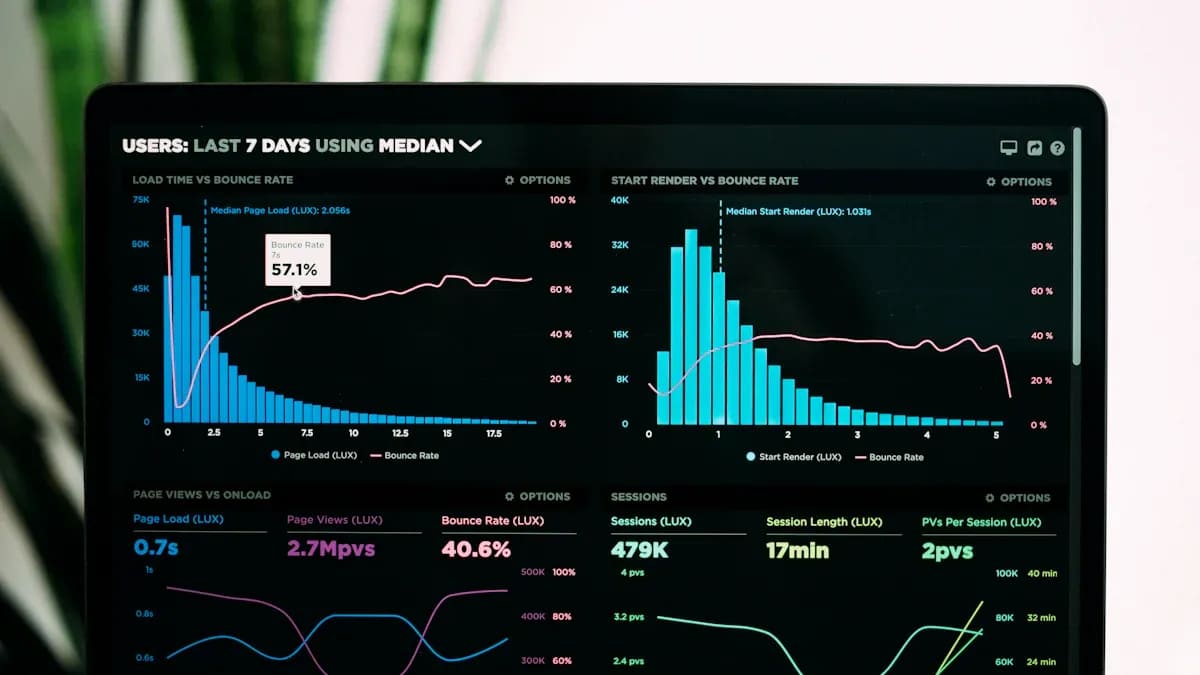
High-Paying Industries
The industry you work in can greatly influence your salary. Sectors like finance, technology, and healthcare often offer higher pay for data analysts. These industries rely heavily on data analytics to drive decision-making and improve efficiency. For instance, financial institutions use data to assess risks and optimize investments, making skilled analysts indispensable.
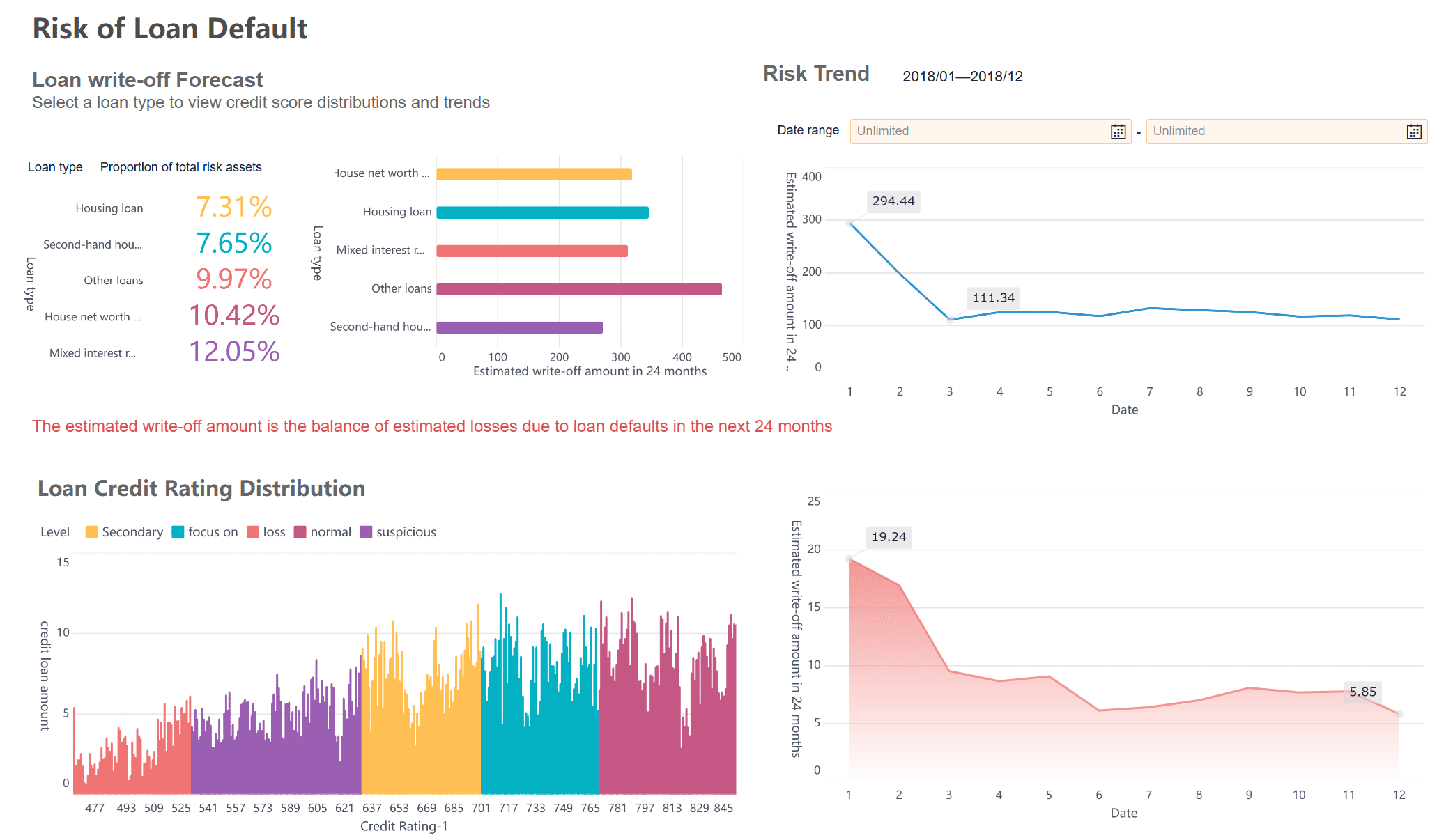
Emerging Sectors
Emerging sectors like e-commerce and renewable energy are also creating opportunities for data analysts. These industries are rapidly adopting data-driven strategies, leading to increased demand for professionals. By targeting these sectors, you can position yourself in a growing field with competitive salaries.
Insight: Staying updated on industry trends can help you identify high-demand sectors and align your skills accordingly.
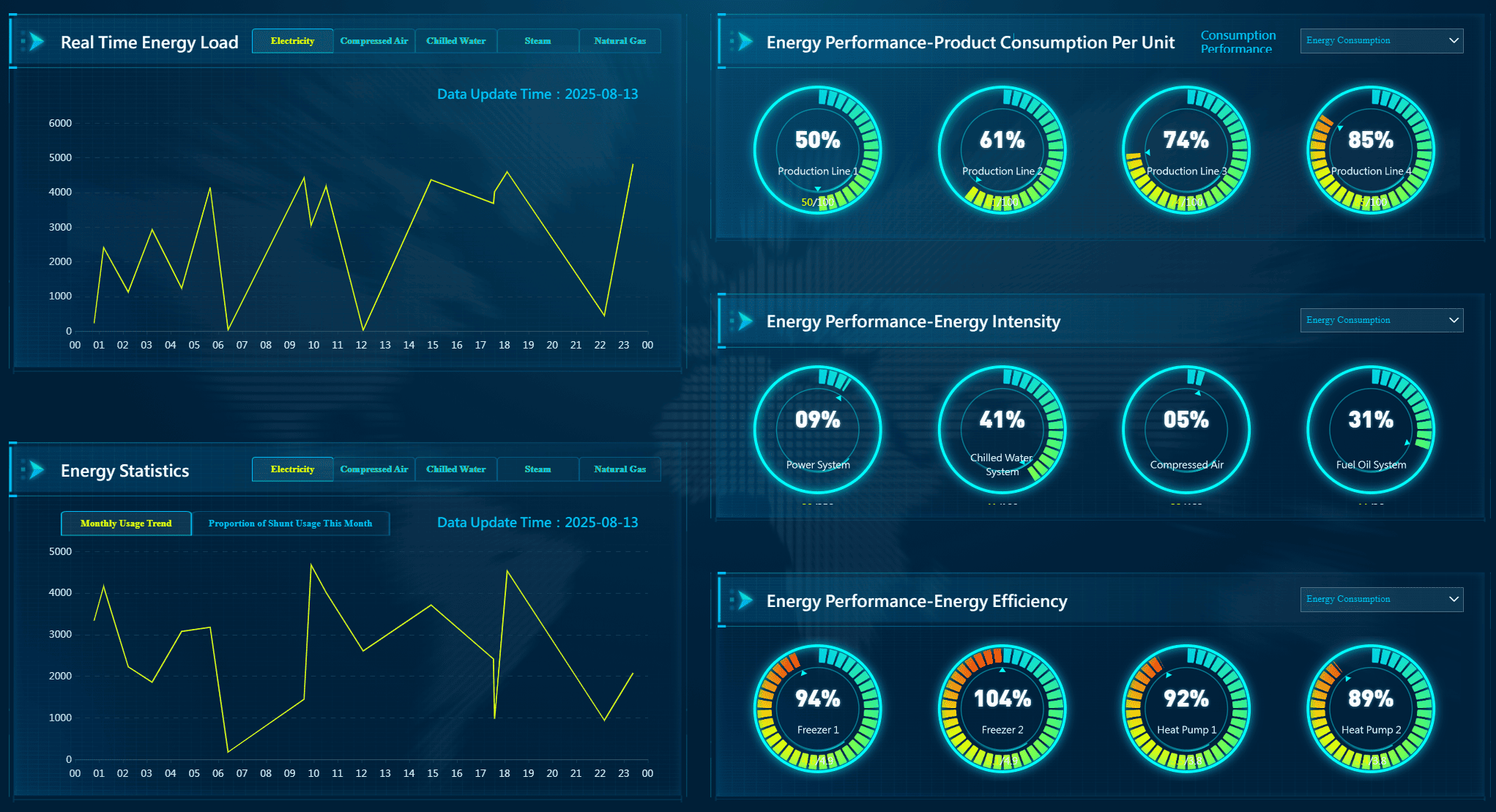
Location
Salaries in Major Cities like Kuala Lumpur
Your location plays a crucial role in determining your salary as a data analyst. Major cities like Kuala Lumpur offer some of the highest salaries in Malaysia. This is due to the concentration of multinational corporations, tech hubs, and financial institutions that rely heavily on data analytics.
In Kuala Lumpur, entry-level data analysts typically earn around 35,000 MYR annually, while mid-level professionals can expect salaries ranging from 50,000 MYR to 65,000 MYR. Senior analysts and specialists often command salaries exceeding 80,000 MYR, especially in industries like finance and technology.
Tip: If you aim to maximize your earning potential, consider seeking opportunities in Kuala Lumpur. The city provides access to a larger network of employers and career advancement prospects.
Urban vs. Rural Areas
The urban-rural divide significantly impacts salary levels for data analysts. Urban areas, especially major cities, offer higher pay due to the demand for skilled professionals and the presence of large organizations. In contrast, rural areas often have fewer opportunities and lower salaries.
Here’s a comparison of average salaries between urban and rural locations:
| Location | Entry-Level Salary (MYR) | Mid-Level Salary (MYR) | Senior-Level Salary (MYR) |
|---|---|---|---|
| Kuala Lumpur (Urban) | 35,000 | 50,000 - 65,000 | 80,000+ |
| Rural Areas | 25,000 | 35,000 - 45,000 | 60,000+ |
In rural areas, entry-level salaries often start at 25,000 MYR annually, which is significantly lower than urban counterparts. Mid-level and senior roles also see reduced pay scales, reflecting the limited demand for advanced analytics in smaller towns.
Insight: While rural areas may offer lower salaries, they can provide a better work-life balance and lower living costs. Weigh these factors carefully when choosing your career path.
Data Analyst Salary Malaysia by Experience Level
Entry-Level Data Analysts
Typical Salary Range
As an entry-level data analyst in Malaysia, you can expect to earn between 30,000 MYR and 35,000 MYR annually. This range reflects the starting point for professionals who are new to the field and are building foundational skills. Employers often look for candidates with basic proficiency in data visualization tools, statistical analysis, and programming languages like Python or SQL.
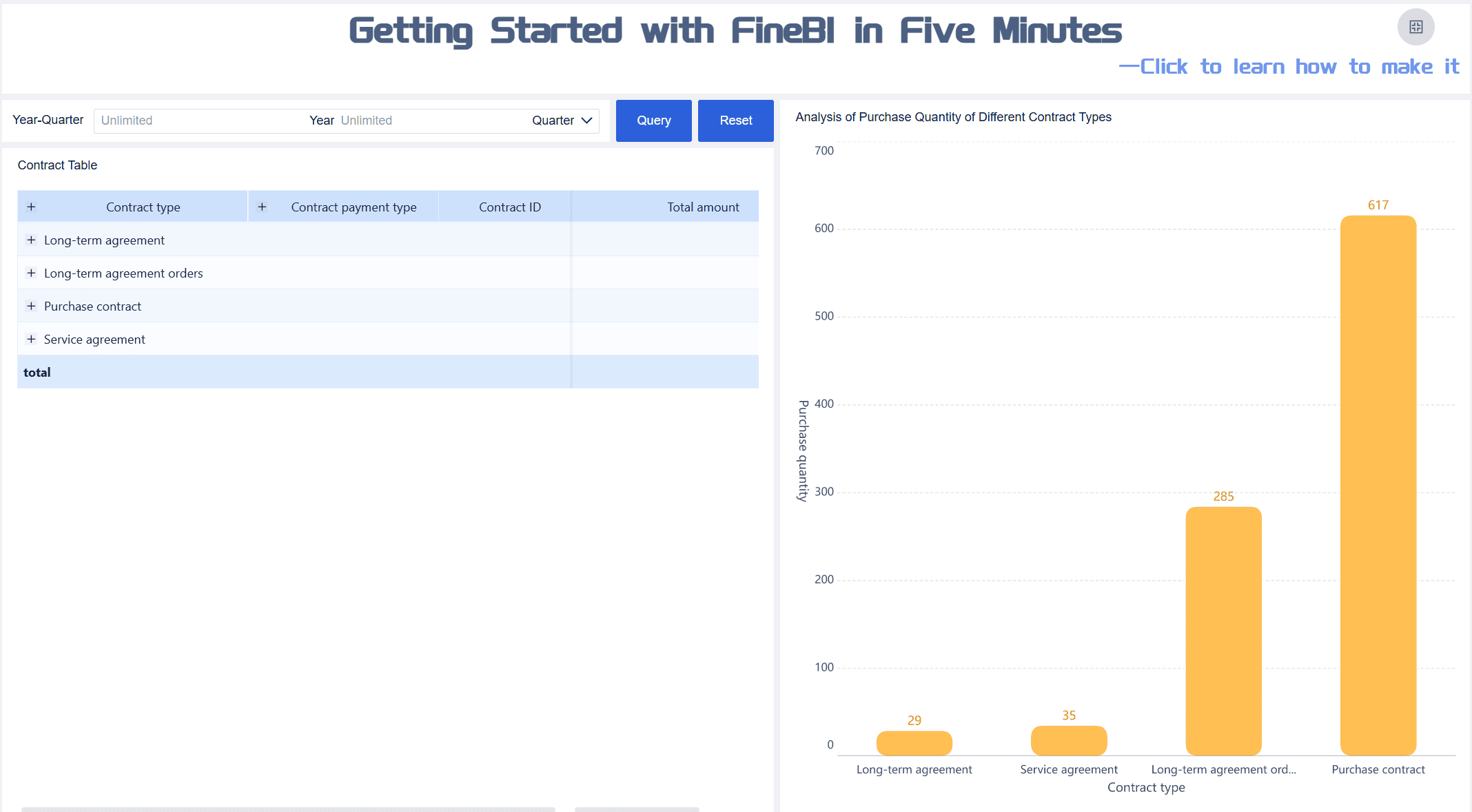
Tip: Focus on mastering essential tools and techniques early in your career. This will help you stand out and secure better opportunities as you gain experience.
Common Job Titles
Entry-level positions often come with titles such as:
- Junior Data Analyst
- Data Technician
- Reporting Analyst
- Business Intelligence Associate
These roles typically involve tasks like cleaning datasets, creating basic reports, and assisting senior analysts with larger projects. While the responsibilities may seem straightforward, they provide a solid foundation for advancing in the field.
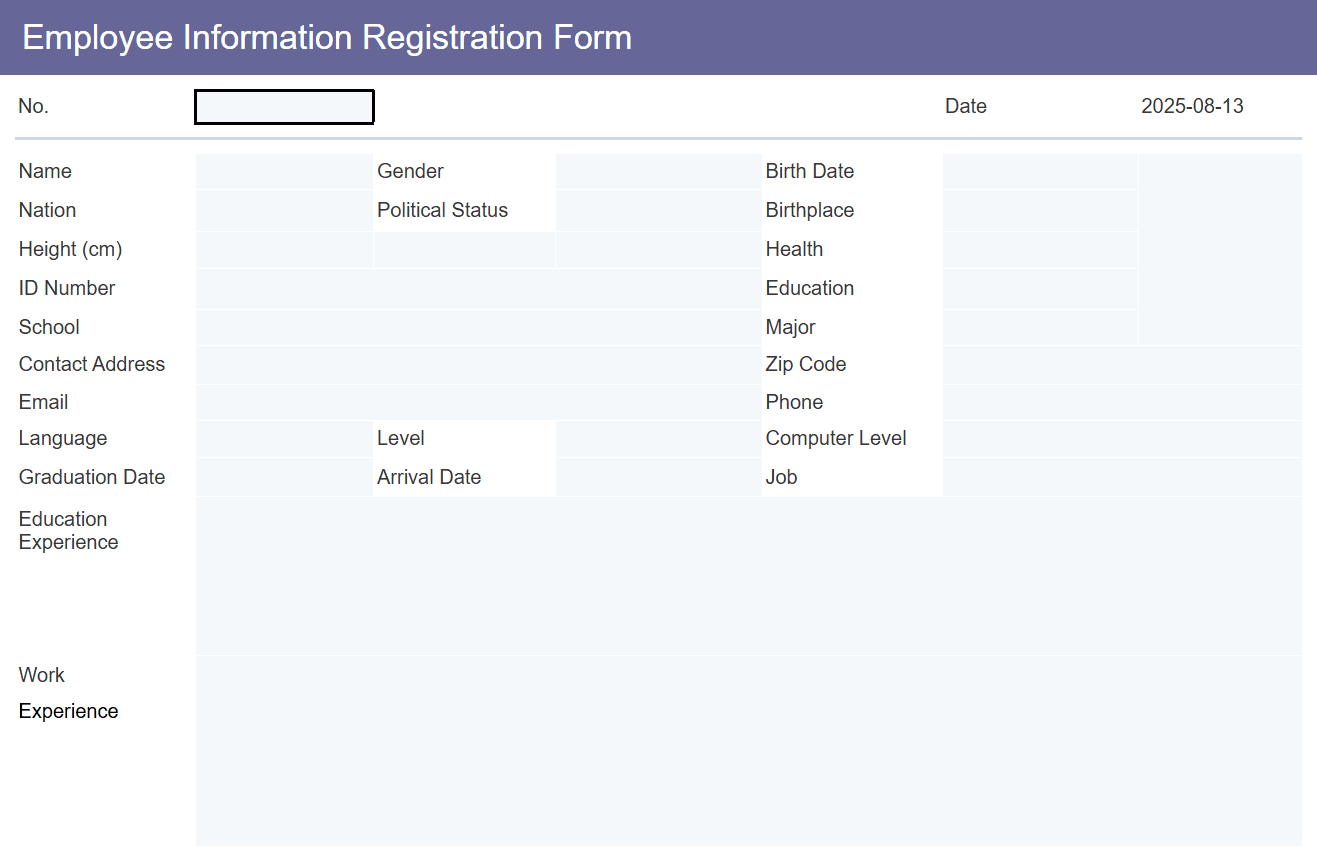
Mid-Level Data Analysts
Salary Growth with Experience
As you gain experience, your data analyst salary Malaysia as a mid-level data analyst grows significantly. Professionals in this category typically earn between 50,000 MYR and 65,000 MYR annually. This increase reflects your ability to handle more complex tasks, such as predictive modeling, advanced statistical analysis, and managing data pipelines.
The projected data analyst salary Malaysia progression for data analytics roles in Malaysia indicates that earning potential increases as you acquire specialized skills. By 2025, mid-level analysts are expected to earn between $60,000 and $85,000 annually, with further growth projected by 2030.
| Experience Level | 2025 Salary Estimate | 2030 Salary Estimate |
|---|---|---|
| Entry-Level | $60,000 - $85,000 | $75,000 - $100,000 |
| Senior-Level | $100,000 - $140,000 | $130,000 - $180,000 |
Insight: Companies are increasingly willing to pay more for expertise in areas like cloud data analytics, AI, and big data processing.
Responsibilities and Skills
Mid-level roles come with expanded responsibilities. You may find yourself managing projects, mentoring junior analysts, or collaborating with cross-functional teams. Key skills for these positions include:
- Proficiency in data science tools like R and FineBI
- Expertise in machine learning algorithms
- Strong problem-solving abilities
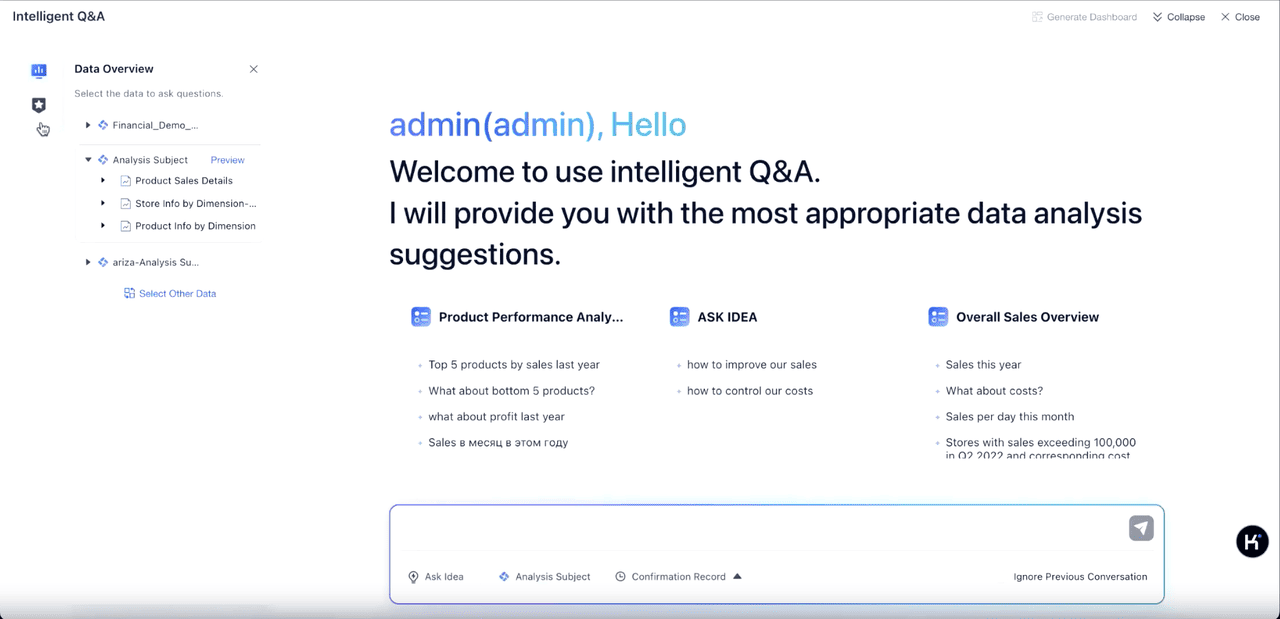
These roles often require you to deliver actionable insights that directly impact business strategies.
Senior Data Analysts
Salary Range for Senior Roles
Senior data analysts in Malaysia command some of the highest salaries in the field. On average, you can earn between 80,000 MYR and 100,000 MYR annually, depending on your industry and expertise. Specialized roles that require advanced technical skills, such as predictive modeling and cybersecurity, often offer salaries exceeding 100,000 MYR.
The demand for senior-level professionals is projected to grow by over 25% by 2030. This trend highlights the increasing importance of expertise in data science and analytics.
Leadership and Specialized Skills
Senior roles often involve leadership responsibilities. You may lead teams, oversee large-scale projects, or develop strategies for data-driven decision-making. To excel in these positions, focus on building specialized skills such as:
- Advanced predictive modeling
- Cloud-based data analytics
- Strategic planning and team management
Tip: Certifications like the FanRuan Global Certification can validate your expertise and make you a more attractive candidate for senior roles.
Industry-Specific Data Analyst Salary Malaysia
Finance and Banking
Salary Trends in Financial Analytics
The finance and banking sector offers some of the most competitive salaries for data analysts in Malaysia. Entry-level professionals in this industry typically earn between 40,000 MYR and 50,000 MYR annually, while mid-level analysts can expect salaries ranging from 65,000 MYR to 80,000 MYR. Senior roles often exceed 100,000 MYR, especially in multinational banks and investment firms. These trends reflect the high value placed on data-driven decision-making in finance.
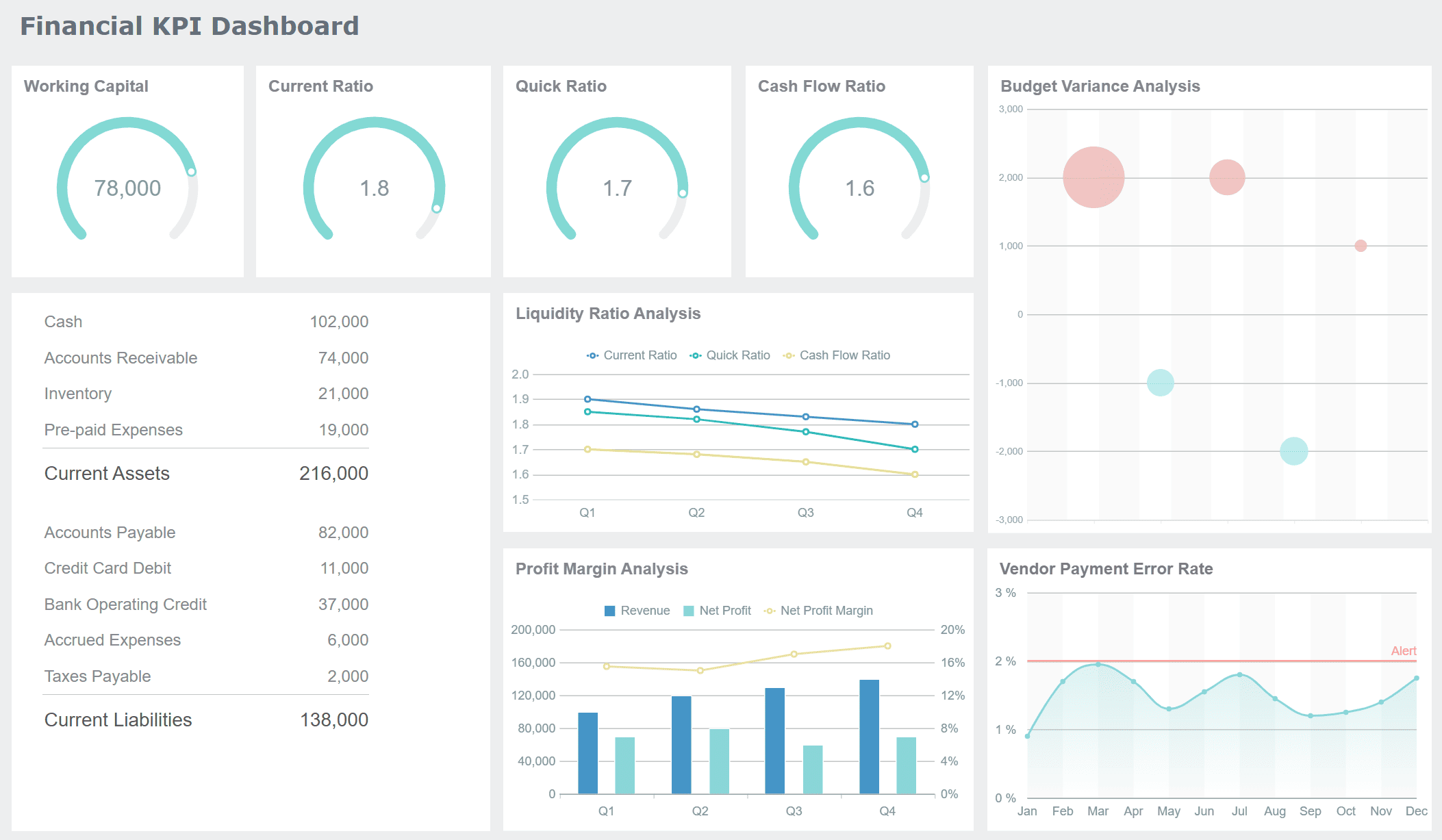
Financial institutions rely heavily on analytics to optimize investments, assess risks, and improve customer experiences. This reliance creates a strong demand for skilled analysts who can interpret complex datasets and provide actionable insights.
Tip: If you aim to excel in financial analytics, focus on mastering tools like SQL, Python, and FineBI. These skills are highly sought after in the industry.
Demand for Data Analysts in Finance
The demand for data analysts in finance continues to grow. Banks and financial firms increasingly use predictive modeling and machine learning to forecast market trends and manage risks. As a result, professionals with expertise in these areas are in high demand. Additionally, the rise of fintech companies has created new opportunities for data analysts to work on innovative projects, such as developing AI-driven financial solutions.
Technology and IT
Competitive Salaries in Tech
The technology and IT sector consistently offers higher salaries compared to other industries. Entry-level data analysts in tech earn around 45,000 MYR annually, while mid-level professionals can make up to 60,000 MYR. Experienced analysts with over 10 years of expertise often command salaries exceeding 92,000 MYR.
| Experience Level | Average Salary (MYR) | Industry Comparison |
|---|---|---|
| Entry-level (1-4 years) | 45,000 | Higher in IT, finance, and telecom |
| Mid-level (5-9 years) | 60,000 | Higher in IT, finance, and telecom |
| Experienced (10-19 years) | 92,000 | Higher in IT, finance, and telecom |
The table above highlights how the tech industry leads in compensation across all experience levels. This trend reflects the sector's reliance on data analytics to drive innovation and improve operational efficiency.
Skills in Demand for Tech Analysts
To thrive in the tech industry, you need a strong foundation in programming languages like Python and R. Proficiency in data visualization tools, such as FineBI, is also crucial. These tools enable you to create interactive dashboards and generate real-time insights. Additionally, expertise in big data platforms like Hadoop and cloud-based analytics can set you apart from other candidates.

Level Up Your Data Analytics Skills—Starting Today!
Download our exclusive Data Analyst Learning Materials filled with tips, examples, and insights.
Insight: Staying updated on emerging technologies, such as AI and blockchain, can further enhance your career prospects in tech.
Healthcare and Pharmaceuticals
Salaries in Healthcare Analytics
Data analysts in the healthcare and pharmaceutical sectors earn competitive salaries, though slightly lower than those in finance and tech. Entry-level roles typically offer 35,000 MYR to 45,000 MYR annually, while mid-level positions range from 55,000 MYR to 70,000 MYR. Senior analysts in this field can earn upwards of 85,000 MYR, especially in multinational pharmaceutical companies.
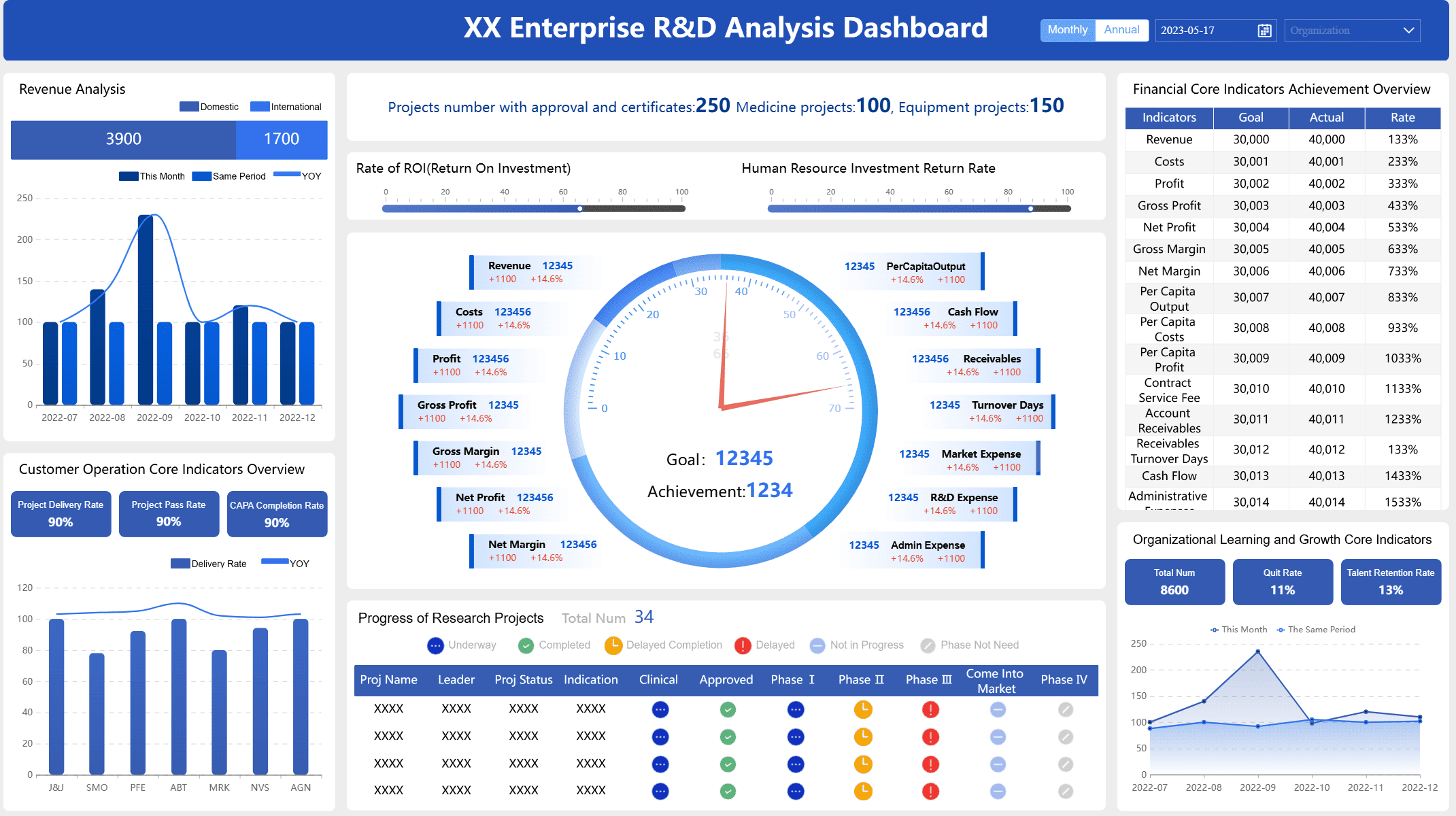
The growing focus on personalized medicine and healthcare optimization has increased the demand for data analysts. These professionals play a critical role in analyzing patient data, improving treatment outcomes, and streamlining operations.
Growth Opportunities in Healthcare Data
The healthcare sector offers significant growth opportunities for data analysts. With the rise of electronic health records and wearable devices, the volume of healthcare data has skyrocketed. Analysts who can interpret this data and provide actionable insights are highly valued. Additionally, the pharmaceutical industry relies on data analytics for drug development and clinical trials, creating further opportunities for skilled professionals.
Tip: Consider specializing in healthcare analytics by gaining expertise in tools like SAS and FineReport. These tools are widely used in the industry for data analysis and reporting.
Other Industries
Retail and E-commerce
The retail and e-commerce sectors offer exciting opportunities for data analysts in Malaysia. These industries rely heavily on data to understand customer behavior, optimize pricing strategies, and improve supply chain efficiency. As a data analyst in this field, you can expect entry-level salaries ranging from 30,000 MYR to 40,000 MYR annually. Mid-level professionals typically earn between 50,000 MYR and 65,000 MYR, while senior analysts can command salaries exceeding 80,000 MYR.
Retailers and e-commerce platforms value analysts who can interpret sales trends, forecast demand, and enhance customer experiences. For example, companies like Lazada and Shopee use data analytics to personalize recommendations and streamline operations. Your ability to work with tools like FineBI for real-time insights or FineReport for detailed reporting can make you a valuable asset in this sector. Here is an interactive demo created by FineBI, click to experience it.
Tip: Focus on developing skills in customer segmentation, sales forecasting, and inventory optimization. These abilities are highly sought after in retail and e-commerce analytics.
Manufacturing and Logistics
Manufacturing and logistics industries are increasingly adopting data-driven approaches to improve efficiency and reduce costs. As a data analyst in these sectors, you will analyze production data, monitor supply chains, and identify areas for improvement. Entry-level salaries in manufacturing and logistics range from 28,000 MYR to 35,000 MYR annually, while mid-level roles offer 45,000 MYR to 60,000 MYR. Senior analysts can earn upwards of 75,000 MYR, especially in multinational companies.
In logistics, data analysts play a crucial role in route optimization, demand forecasting, and warehouse management. Manufacturing companies, on the other hand, use analytics to enhance quality control and predict equipment maintenance needs. Tools like FineBI and FineReport can help you create dashboards and reports that provide actionable insights for these industries. Here is an interactive demo created by FineReport, click to experience it.
Insight: Specializing in supply chain analytics or predictive maintenance can set you apart in manufacturing and logistics. These skills align with the growing demand for efficiency and innovation in these fields.
Skills That Impact Data Analyst Salary Malaysia
Technical Skills
Proficiency in Programming Languages
Your ability to work with programming languages directly impacts your earning potential as a data analyst. Employers in Malaysia highly value proficiency in Python, R, and SQL. Python is essential for data manipulation and machine learning, while SQL helps you manage and query databases efficiently. R is often used for statistical analysis and data visualization.
Mastering these languages allows you to handle complex datasets and automate repetitive tasks. Entry-level analysts with basic programming skills earn between 3,500 RM and 6,000 RM monthly, while experienced professionals with advanced expertise can command salaries exceeding 10,000 RM per month.
Tip: Focus on building a strong foundation in Python and SQL. These skills are in high demand across industries.
Expertise in Data Visualization Tools like FineBI
Data visualization tools play a crucial role in presenting insights effectively. FineBI, for example, enables you to create interactive dashboards and perform real-time analysis. Employers prefer candidates who can transform raw data into actionable visualizations.
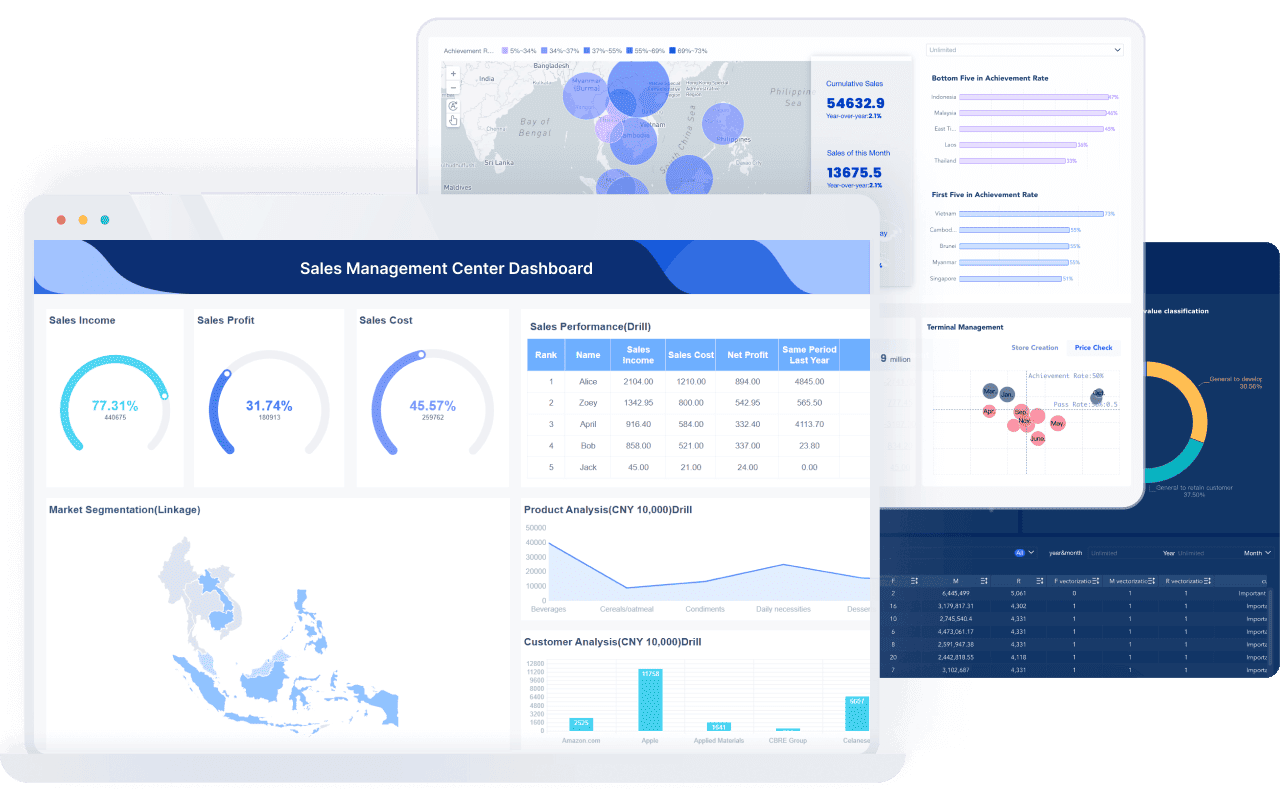
Using tools like FineBI enhances your ability to communicate findings clearly. This skill is particularly valuable in industries like finance and retail, where decision-makers rely on visual insights. By mastering FineBI, you can increase your value to employers and secure higher-paying roles.
Analytical and Problem-Solving Skills
Advanced Statistical Analysis
Statistical analysis forms the backbone of data analytics. Your ability to interpret data trends and patterns can set you apart. Skills in regression analysis, hypothesis testing, and data modeling are essential. These techniques help you provide actionable insights that drive business decisions.
Employers value analysts who can identify trends and predict outcomes. Advanced statistical skills not only improve your problem-solving abilities but also make you a strong candidate for senior roles.
Predictive Modeling and Machine Learning
Predictive modeling and machine learning are among the most sought-after skills in data analytics. These techniques allow you to forecast future trends and automate decision-making processes. Employers in Malaysia increasingly seek analysts with expertise in these areas.
By learning machine learning algorithms and tools like TensorFlow, you can position yourself for roles in high-demand sectors like technology and healthcare. These skills often lead to significant salary increases.
Soft Skills
Communication and Presentation Skills
Your ability to communicate insights effectively is just as important as technical expertise. Employers value analysts who can present complex data in a way that is easy to understand. Strong presentation skills help you convey the value of your findings to stakeholders.
Focus on developing clear and concise communication. This skill ensures that your insights lead to actionable decisions, making you an indispensable part of any team.
Team Collaboration and Leadership
Collaboration is key in data analytics. You often work with cross-functional teams, including marketing, finance, and IT. Strong teamwork skills help you align your analysis with organizational goals.
Leadership abilities also play a role in advancing your career. Senior analysts often lead teams and manage projects. By demonstrating leadership, you can position yourself for higher-paying roles and greater responsibilities.
Insight: Combining technical expertise with strong soft skills makes you a well-rounded candidate. Employers value professionals who can analyze data and communicate its significance effectively.
Comparison of Data Analyst Salary Malaysia with Regional and Global Salaries
Salaries in Southeast Asia
Comparison with Singapore and Indonesia
Data analyst salary Malaysia are competitive within Southeast Asia but vary significantly when compared to neighboring countries like Singapore and Indonesia. Singapore offers higher salaries due to its advanced economy and strong demand for data professionals. Entry-level analysts in Singapore typically earn between SGD 50,000 and SGD 70,000 annually, which translates to approximately 160,000 MYR to 225,000 MYR. In contrast, Malaysia's entry-level salaries range from 30,000 MYR to 35,000 MYR, reflecting regional economic differences.
Indonesia, on the other hand, offers lower salaries compared to Malaysia. Entry-level data analysts in Indonesia earn around IDR 60 million to IDR 100 million annually, equivalent to 18,000 MYR to 30,000 MYR. However, Indonesia's growing tech sector is driving demand for skilled professionals, which could lead to salary increases in the coming years.
Regional Trends in Data Analytics
Southeast Asia is experiencing a surge in demand for data analysts, driven by digital transformation across industries. Salary growth projections highlight this trend:
| Country | Projected Salary Increase (%) |
|---|---|
| Malaysia | 13.7 |
| Philippines | 14.5 |
| Thailand | 8.0 |
| Singapore | 4.5 |
| Indonesia | 10.2 |
| Vietnam | 10.9 |
Malaysia's projected salary increase of 13.7% reflects its growing emphasis on data-driven decision-making. Vietnam leads the region with a projected increase of 10.9%, showcasing its rapid economic development.
Insight: Staying updated on regional salary trends can help you identify opportunities in high-growth markets like Vietnam and the Philippines.
Global Salary Benchmarks
Comparison with the United States and Europe
Globally, data analyst salaries vary widely. The United States offers some of the highest salaries, with professionals earning between $90,000 and $115,000 annually. In Europe, countries like the UK and Germany provide competitive salaries ranging from $70,000 to $80,000 annually.
| Region | Salary Range (USD) |
|---|---|
| United States | 90,000 - 115,000 |
| Europe (UK, Germany) | 70,000 - 80,000 |
| Malaysia | Data not specified |
Malaysia's salaries are generally lower than those in Western countries. This difference reflects regional economic factors and cost of living variations. For example, while a senior data analyst in Malaysia earns around 100,000 MYR annually, their counterpart in the United States could earn over $100,000, equivalent to approximately 470,000 MYR.
Factors Driving Global Salary Differences
Several factors influence global salary disparities:
- Economic Development: Countries with advanced economies, like the United States, offer higher salaries due to greater demand for data analytics.
- Cost of Living: Regions with higher living costs, such as Europe and North America, provide higher compensation to offset expenses.
- Industry Maturity: Mature industries in Western countries rely heavily on data analytics, driving up salaries for skilled professionals.
Tip: If you're considering a global career, focus on acquiring skills in high-demand areas like machine learning and cloud analytics. These skills are universally valued and can help you secure competitive salaries worldwide.
Leveraging FanRuan Tools to Enhance Data Analyst Salary Malaysia
FanRuan offers powerful tools like FineBI and FineReport that can elevate your career as a data analyst. These tools simplify complex tasks, enhance productivity, and help you deliver actionable insights.
FineBI for Data Visualization and Analysis
How FineBI Empowers Data Analysts
FineBI transforms how you analyze and visualize data. Its self-service capabilities allow you to explore datasets independently without relying on IT teams. You can connect to multiple data sources, including relational databases and big data platforms, and unify them for comprehensive analysis.
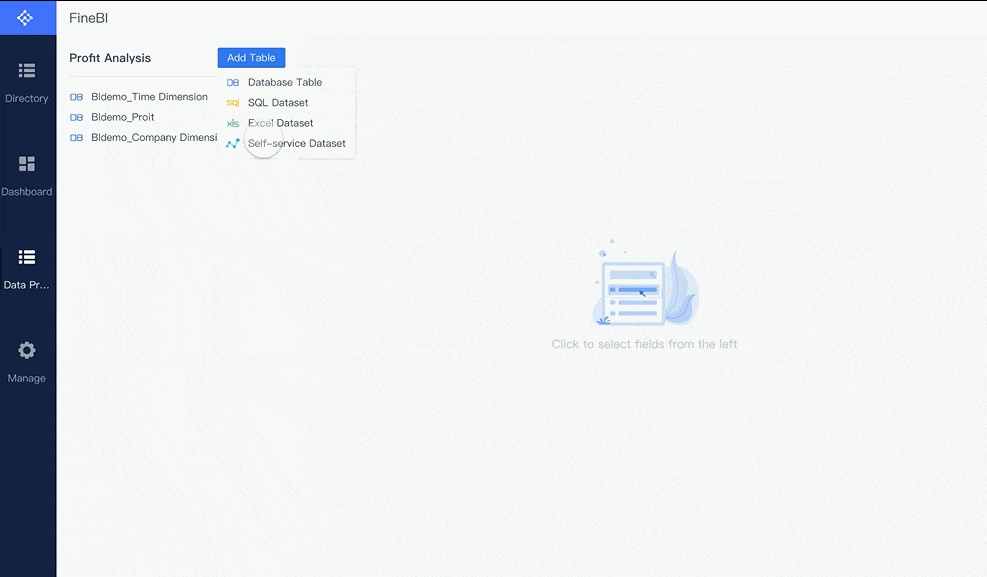
FineBI’s drag-and-drop interface makes data exploration intuitive. You can create interactive dashboards and charts with ease. Over 60 chart types and advanced options like Sankey diagrams and Pareto charts help you present data effectively. FineBI also supports OLAP analysis, enabling you to drill down into data, filter results, and uncover hidden trends.
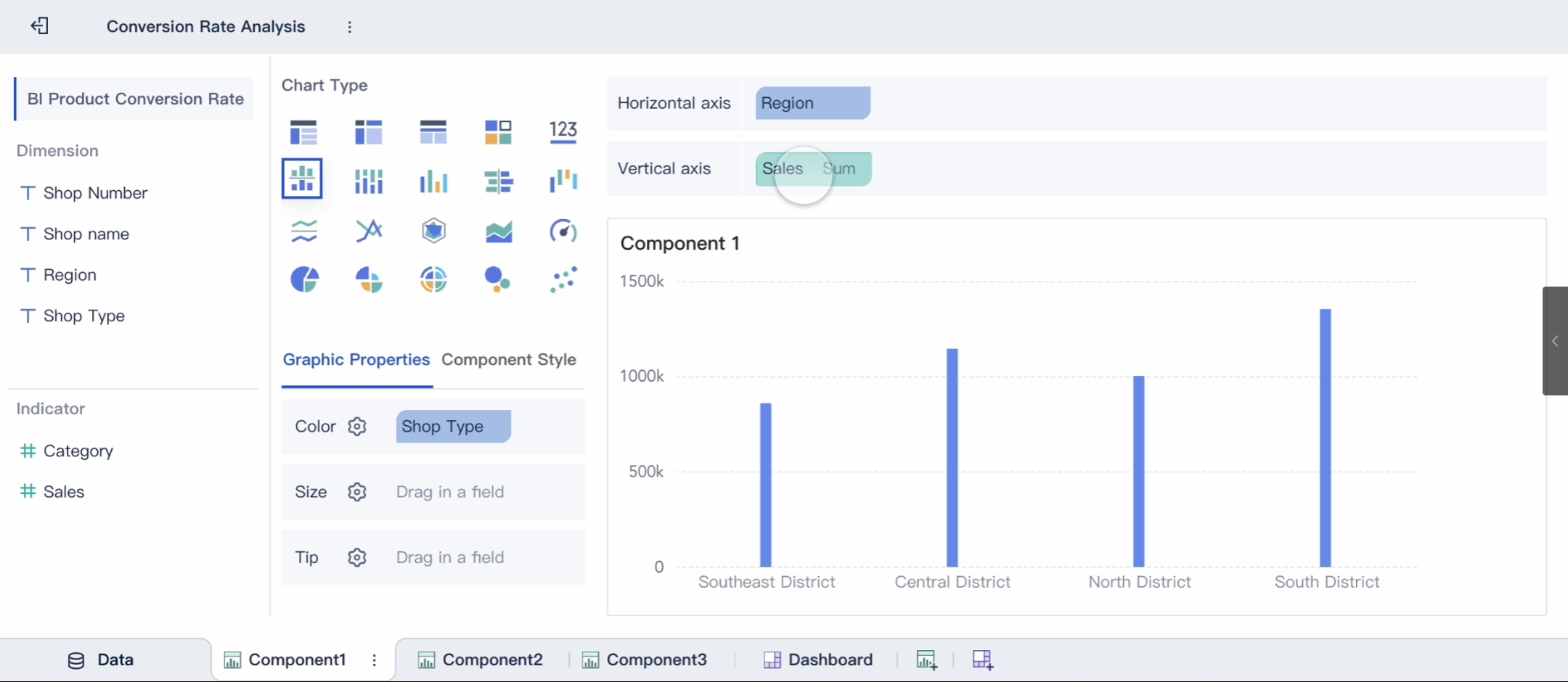
Tip: Use FineBI’s team collaboration features to share dashboards and analysis with colleagues. This fosters teamwork and ensures everyone stays aligned with business goals.
Real-Time Insights with FineBI
FineBI excels in delivering real-time insights. Its high-performance computing engine processes large datasets quickly, ensuring you access the latest data. You can set up alerts for critical metrics and receive notifications via email or messages.
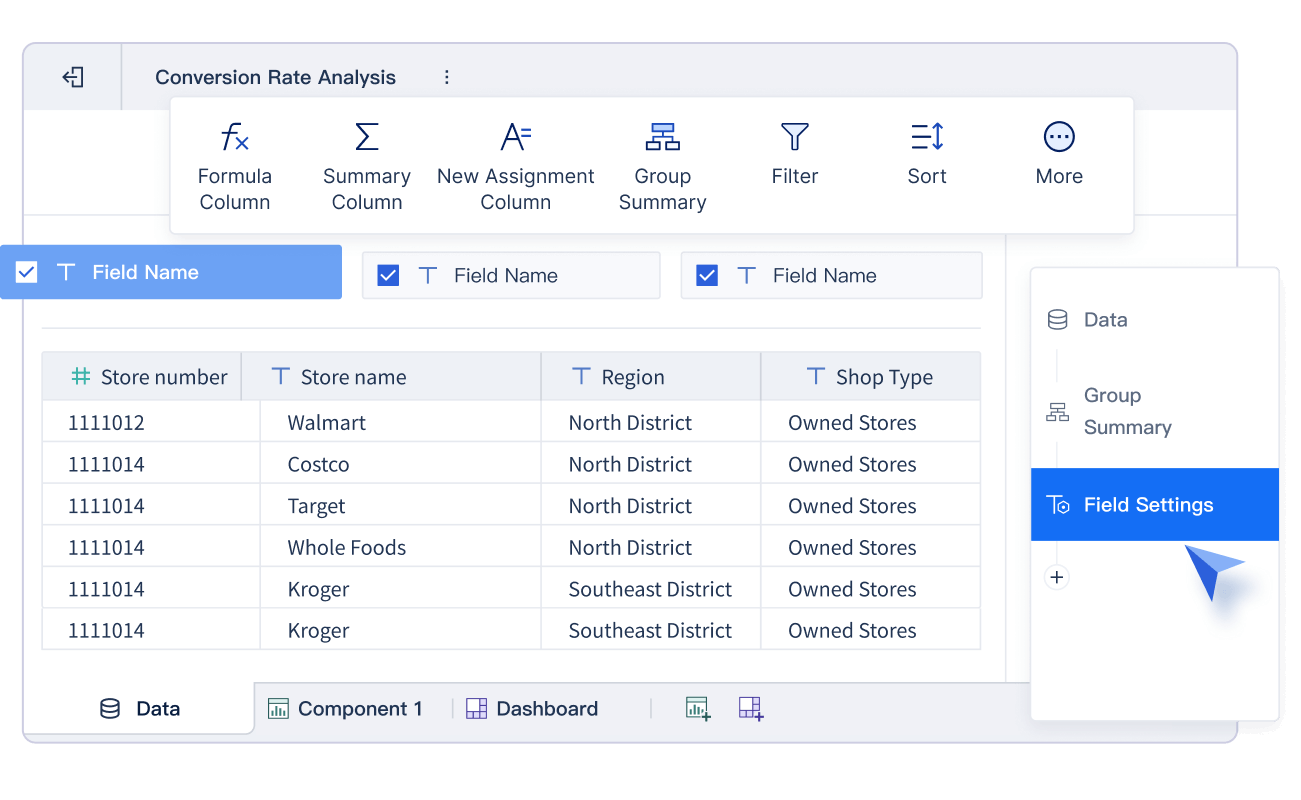
The Data Portal Module simplifies dashboard access, allowing you to personalize your workspace. This feature ensures you focus on key metrics without distractions. With FineBI, you can respond to changing business conditions promptly and make informed decisions.
FineReport for Reporting and Dashboards
Streamlining Reporting with FineReport
FineReport simplifies reporting tasks with its Excel-like interface. You can create pixel-perfect reports using drag-and-drop functionality. It supports multi-source data integration, allowing you to connect databases, spreadsheets, and external sources seamlessly.
![]()
Automated scheduling features save time by generating and distributing reports regularly. You can set up daily, weekly, or monthly schedules and deliver reports via email or SMS. FineReport also supports dynamic data updates, ensuring your reports always reflect the latest information.
Insight: Use FineReport's HTML5 charts to create visually appealing reports. These charts enhance data presentation and make your insights more impactful.
Enhancing Decision-Making with FineReport
FineReport empowers you to make smarter decisions by providing detailed dashboards and reports. Its data visualization capabilities include over 70 chart styles and geographical mapping options. You can link charts and reports for interactive analysis, helping you uncover deeper insights.
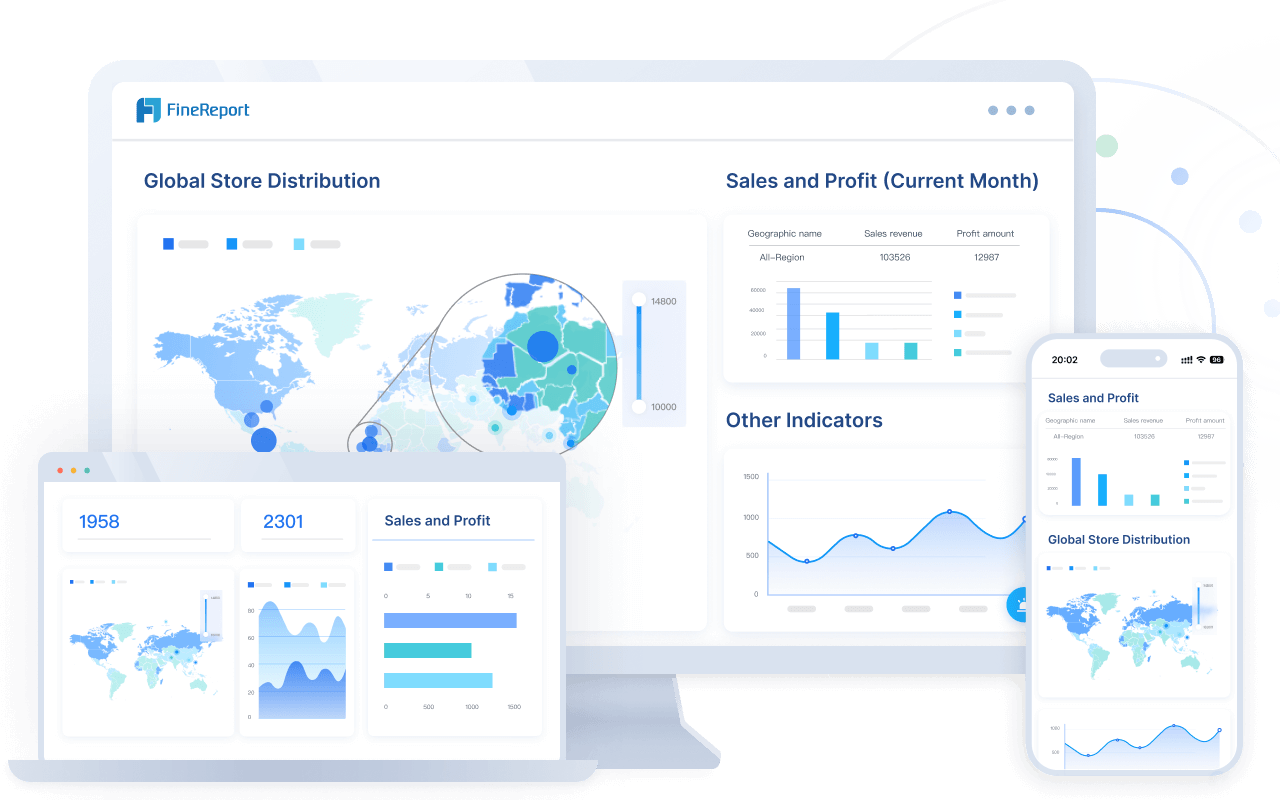
FineReport’s collaboration features allow teams to work on reports together. You can assign permissions based on roles, ensuring data security while promoting teamwork. By leveraging FineReport, you can streamline operations and drive strategic growth.
Note: Combine FineReport with FineBI to create a robust ecosystem for data analysis and reporting. This integration enhances efficiency and maximizes the value of your data.
The average data analyst salary Malaysia ranges from 30,000 MYR for entry-level roles to over 100,000 MYR for senior positions. Your earning potential depends on factors like experience, industry, and technical skills. High-demand sectors such as finance and technology often offer a higher average income.
To boost your career, focus on acquiring certifications like the FanRuan Global Certification. These credentials validate your expertise in tools like FineBI and FineReport, which enhance your ability to analyze and visualize data effectively. Leveraging these tools can help you secure better opportunities and maximize your earning potential.
Continue Reading About Data Analyst Salary Malaysia
How Do Data Analyst Jobs Differ in Startups and Big Companies?
How to Land the Best Data Analyst Job in Malaysia
Steps to Become a Data Analyst in Malaysia
FAQ

The Author
Lewis
Senior Data Analyst at FanRuan
Related Articles

10 Best Retail Analytics Software Platforms for Retailers
Compare the 10 best retail analytics software platforms for retailers to boost sales, optimize inventory, and gain actionable customer insights.
Lewis
Dec 16, 2025

11 Best Tools for Research Analysis for Academics
Compare the 11 best tools for research analysis to boost academic and professional research efficiency, data management, and collaboration.
Lewis
Dec 11, 2025

10 Best Market Research Data Analysis Tools to Try This Year
See the top 10 market research data analysis tools to boost insights, streamline workflows, and make smarter business decisions this year.
Lewis
Dec 11, 2025
